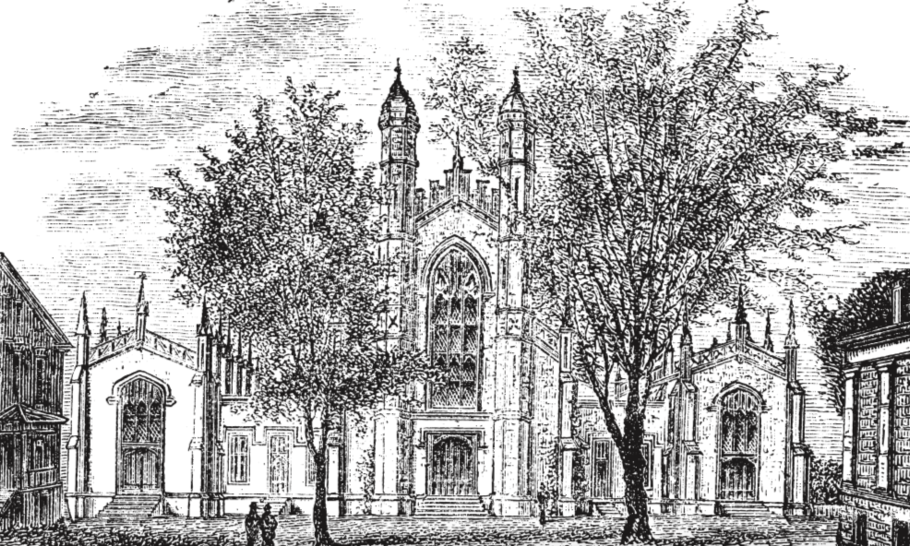Universities and slavery: the case of Yale

(Shutterstock)
When George Bernard Shaw wrote that it was impossible for an Englishman to open his mouth without making some other Englishman hate or despise him, he had in mind the culture war of his time, affiliation with class. In today ’ s culture wars, one of the battlefields is over the memory of Britain ’ s slave trade. Where Shaw ’ s Englishmen were content with hating or despising their antagonists, now they sue them. In Cambridge, a court had to adjudicate a dispute over positioning of a memorial to a benefactor of Jesus College. A legal case may be determined by a judge, but historical memory cannot be outsourced to a courtroom.
To map an alternative pathway through debates over historical complicity with slavery, one might wish to look how the process is handled at Yale University.
Yale’s campus features a conspicuous Civil War memorial to alumni who served in the Union as well as Confederate soldiery. Once erected to honour their memory, today it prompts every passer-by to reflect on the institution’s complex history. The debate over Yale’s historic stance on slavery has gone through stages, unfolds still, but has brought manifest change.
Yale’s president Peter Salovey took a lead in October 2021 in convening researchers for a conference Yale and Slavery in Historical Perspective. In his opening address, President Salovey urged participants to keep in mind that the study of history matters to the future direction of a society: “We do this because moving forward requires an honest reckoning with our past.”
Yale also has deeds follow words. Founded to educate clerics, Yale looks to its Divinity School to set out its stance on social issues. In January 2022, the Dean of Yale Divinity School, Greg Sterling, said in an address where he cited Yale’s ties to slavery, “We ask God for forgiveness. We ask those against whom we have sinned for forgiveness.” His address also announced funding for minority students.
One of the caveats warning against disputes over historical complicity in slavery is that they may inflame rather than extinguish antagonism. Digging into the history of universities, some even warn, might drive away disaffected alumni from supporting their alma maters. Such tut-tutting does not at any rate apply to Yale. Against a backdrop of unflinching exposure of the university ’ s history, its latest fund-raising campaign launched in October 2021 aims to draw in $7 billion.
Of course, every university will know best how to engage with its own history. For anyone interested in Yale ’ s on-going programme, there is an opportunity to listen in to the proceedings of its conference Legacies of Slavery on April 5 to 7.
A Message from TheArticle
We are the only publication that’s committed to covering every angle. We have an important contribution to make, one that’s needed now more than ever, and we need your help to continue publishing throughout the pandemic. So please, make a donation.




